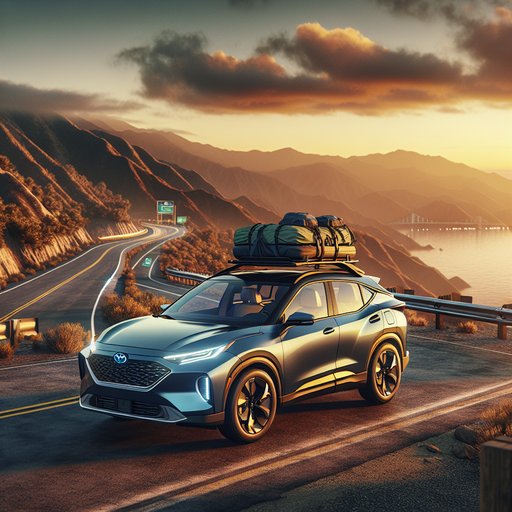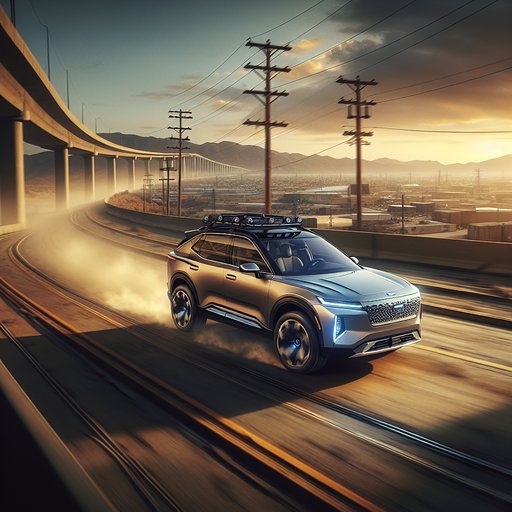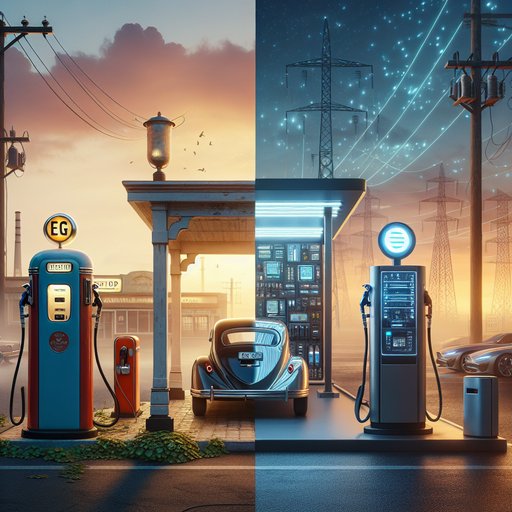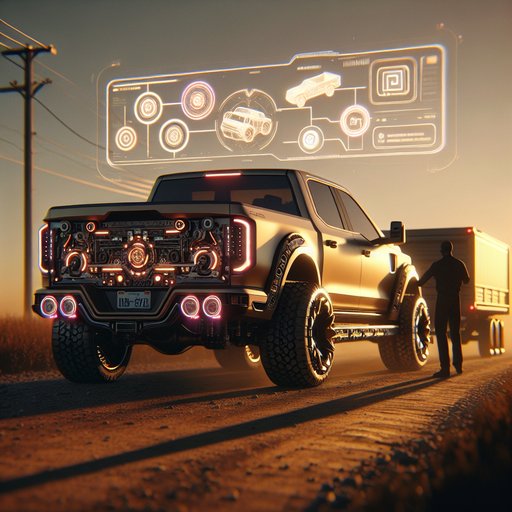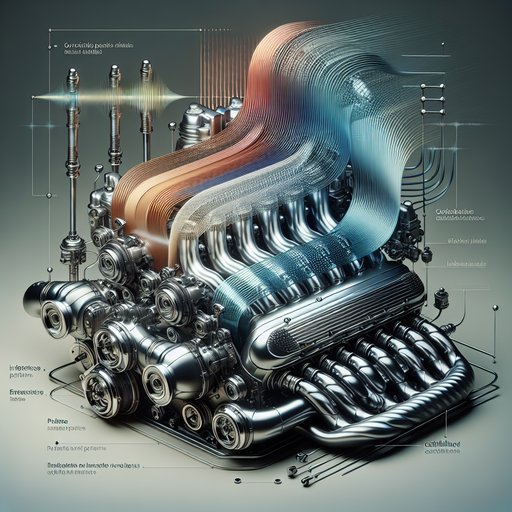
The automotive industry is experiencing a significant shift toward electric vehicles, with multiple manufacturers reporting substantial growth in EV sales during the third quarter of 2025. While overall vehicle sales have reached new heights, with automakers selling 37.6 million vehicles since January, the industry faces an interesting paradox as net profits have declined by 69 percent during the same period [1].

The automotive world is experiencing a remarkable season of cultural celebrations, with several prestigious events showcasing the intersection of cars and artistry. From stunning Italian masterpieces to innovative BMW art cars, these gatherings are highlighting the automotive industry's rich heritage and creative spirit.

A series of innovative financial incentives and technological programs are transforming how consumers can purchase and benefit from electric vehicles and trucks. From manufacturer-backed financing deals to state-level infrastructure investments, multiple initiatives are making vehicle ownership more accessible while creating new opportunities for owners to earn money through vehicle-to-grid technology.

Nissan has unveiled its ninth-generation Sentra compact sedan, showcasing a dramatic styling overhaul and technological improvements that position it as a strong competitor in the affordable car segment. The 2026 model represents a significant evolution for the nameplate, which has been a cornerstone of Nissan's lineup for more than four decades [1].
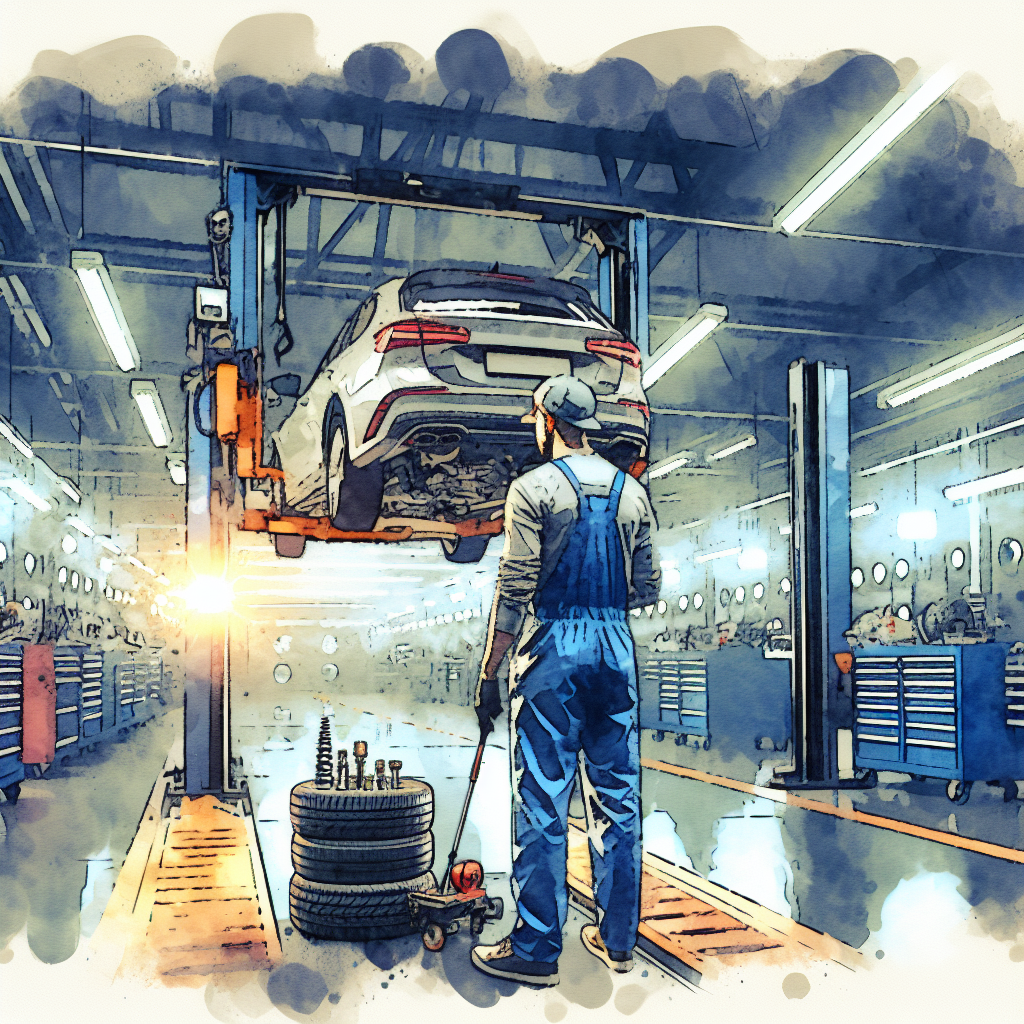
A significant safety recall has been announced for BMW vehicles and Toyota Supras due to a starter motor defect that could potentially cause fires, even when vehicles are parked and turned off. The recall affects approximately 196,000 vehicles in the United States, spanning multiple popular models from both manufacturers produced between 2019 and 2022 [1].

In a remarkable convergence of motorsport history and automotive collecting, two extraordinary vehicles with Formula 1 pedigree are heading to auction blocks. A 1985 Mercedes-Benz 190 E originally owned by three-time F1 champion Ayrton Senna is expected to fetch between £220,000 and £250,000 [1], while Max Verstappen's former Porsche 911 GT2 RS Clubsport is being offered at $650,000 [2].

A dramatic turn of events at the Japanese Grand Prix sprint race has resulted in significant consequences for reigning MotoGP champion Jorge Martin, who suffered a broken collarbone in a major collision. The incident has sparked discussions about racing safety and led to immediate reconciliation efforts between the affected teams and riders [1].

The autonomous vehicle industry is experiencing significant growth as multiple companies launch new services and expand into fresh markets. Recent developments show robotaxi operators are diversifying their business models beyond traditional ride-hailing, forming strategic partnerships, and entering new geographic territories, signaling a maturing market for autonomous mobility services.
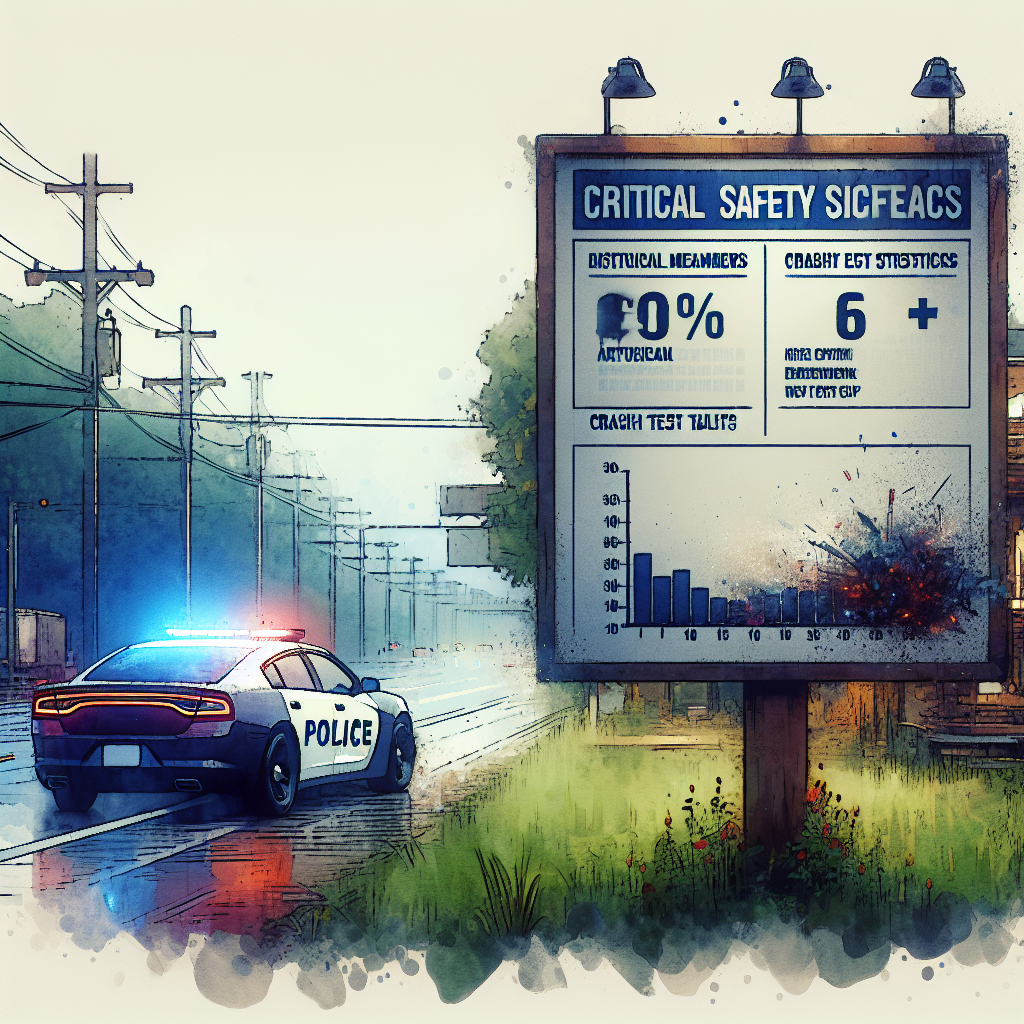
The United States has achieved a significant milestone in road safety with traffic fatalities dropping by 8% in 2025, marking the sharpest decline in 15 years according to the National Highway Traffic Safety Administration (NHTSA) [1]. This positive development comes alongside increased scrutiny of vehicle safety, with several major manufacturers issuing recalls to address potential safety concerns.
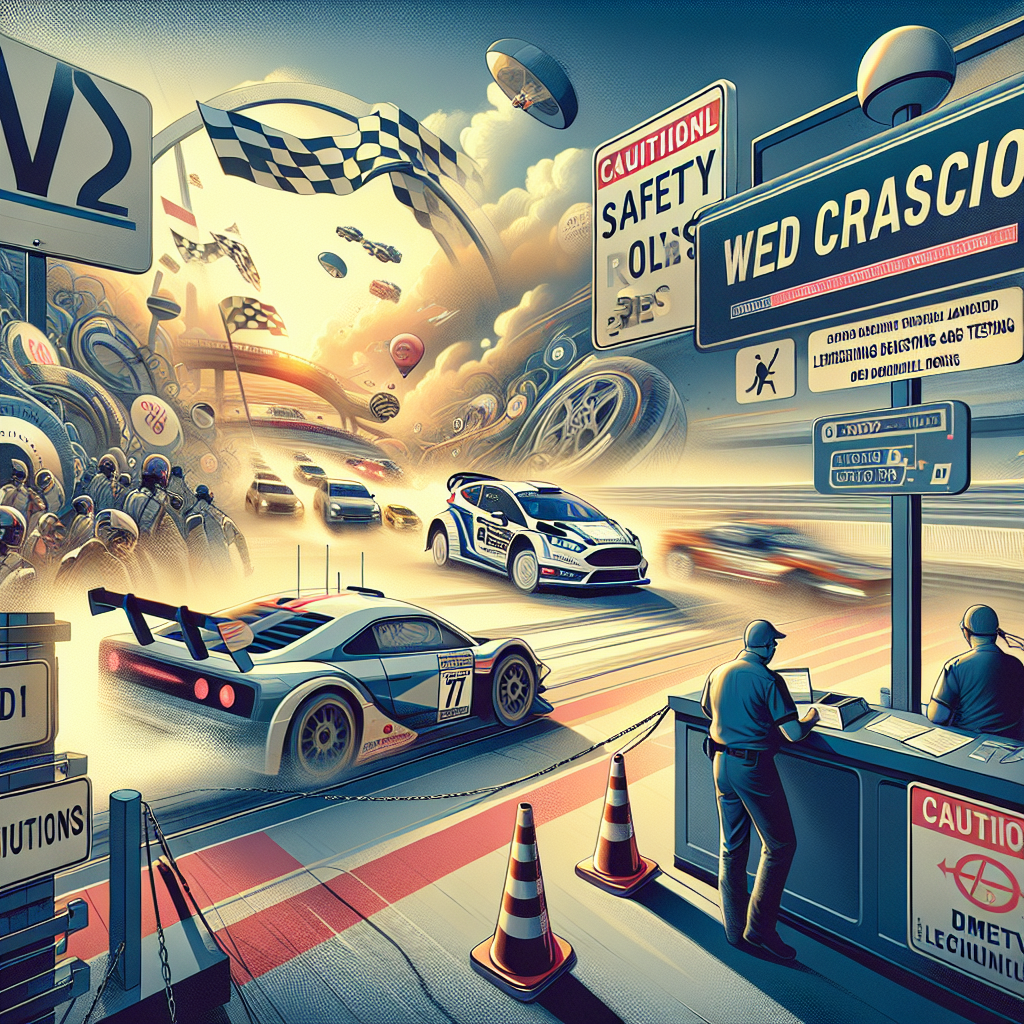
The World Rally Championship (WRC) is set to implement significant changes to protect driver and crew safety through mandated rest periods. This groundbreaking proposal aims to ensure competitors and personnel receive adequate recovery time between rally days, marking a notable shift in motorsport safety regulations.

